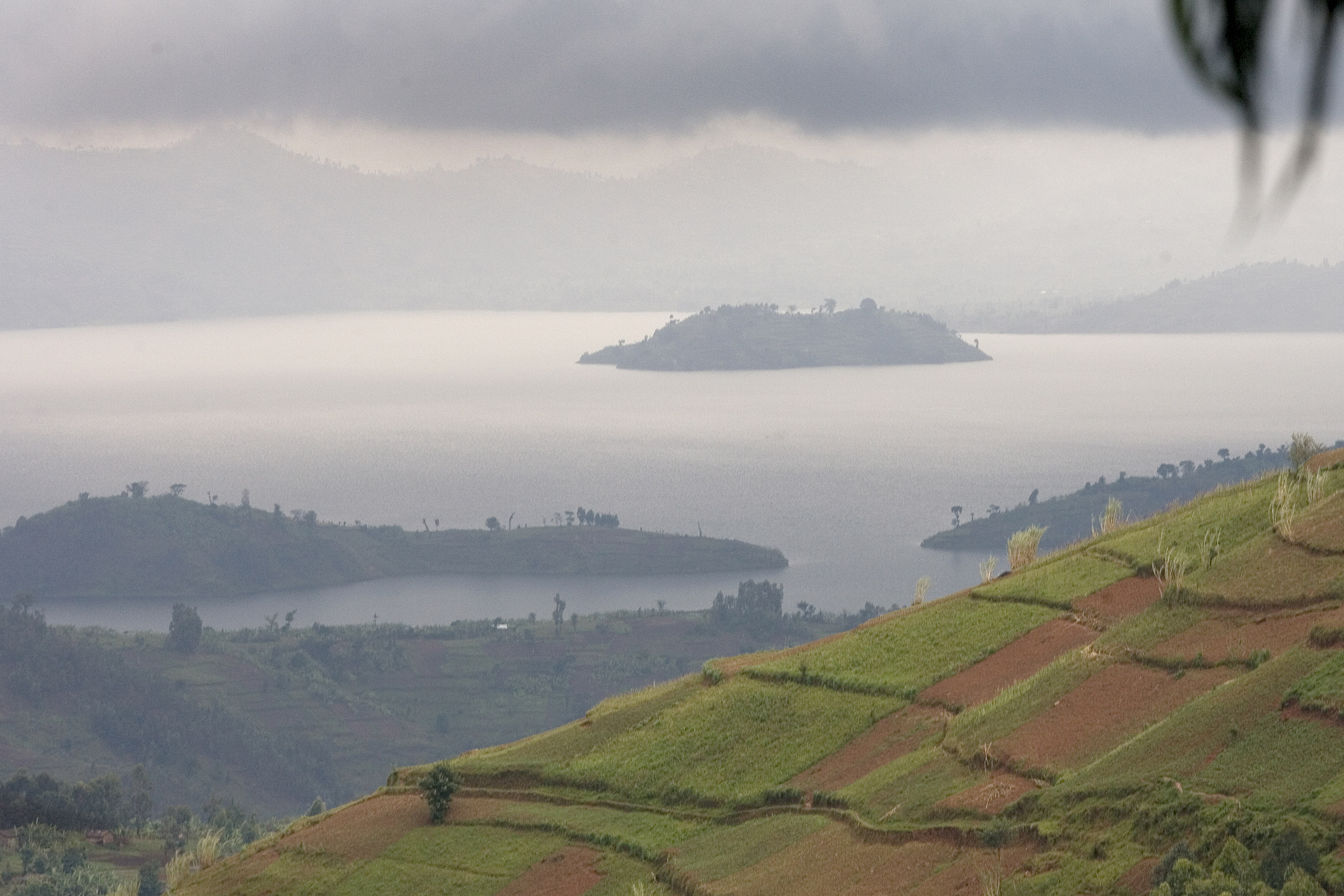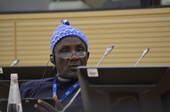Our team
WAW is the initiative of a network of organizations and professionals that share a common vision of agricultural transformation. We agree on the need for a flexible and harmonized framework to tackle the challenges of the data gap and the diversity of farm structures, so as to generate comprehensive and useful data sets to inform the policy debate.
The Climate, Biodiversity, Land and Water Department (CBL) of the United Nations Food and Agriculture Organization (FAO) in Rome plays host to the WAW coordination team, led by Pierre-Marie Bosc (FAO).
We are delighted to have the part-time services of Paolo Amici (consultant economist), Rufan Yuan (political science), Gyun Bae Joe (business administration and management) and Poilin Breathnach (editor). WAW also hosted Zoé Margin (2018), from Université La Sobornne, Paris and Alexis Marsan (2018) from AgroParisTech.
WAW benefits from the support of CBL staff, especially Corinne Spadaro (2017-2018), Maryse Finka, Giulia Bonanno di Linguaglossa, Vanja Maslovarik (project officer, CBL), Jim Morgan (CBL) and Denise Martinez (CBL).
Our partners
Many of these professionals work in organizations in countries that have been involved in WAW’s pilot phase: the Initiative Prospective Agricole et Rurale (IPAR) in Senegal, the Réseau des Observatoires Ruraux (ROR) and Institute for Social Studies (ISS) in Madagascar, Viet Nam’s Institute of Policy and Strategy for Agriculture and Rural Development (IPSARD) and the Ministry of Agriculture and Livestock of El Salvador.
During its pilot phase, WAW developed close ties with family farmer organizations at regional and national level, including the Asian Farmers’ Association (AFA), the Réseau des Organisations Paysannes et de Producteurs de l'Afrique de l'Ouest (ROPPA) in West Africa and the Conseil National de Concertation et de Coopération des Ruraux (CNCR) in Senegal.
Research and development organizations have also worked to develop the WAW initiative: the French Agricultural Research Centre for International Development's (Cirad) joint research units on Actors, Resources and Territories in Development (Art-Dev) and Markets, Organizations, Institutions and Strategic Actors (UMR Moisa); the French National Institute for Agricultural Research's (INRA) SADAPT joint research unit; the French Livestock Institute (IDELE); Ritsumeikan University (Department of Economics), Kyoto University (Department of Natural Resources Economics) and Aichi Gakuin University (Graduate School of Economics) in Nagoya.









